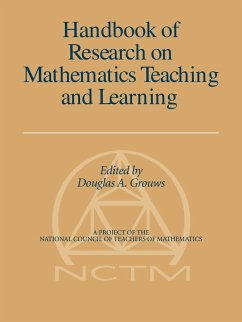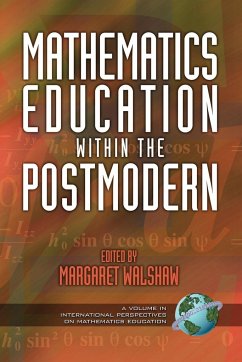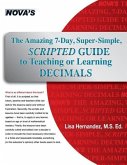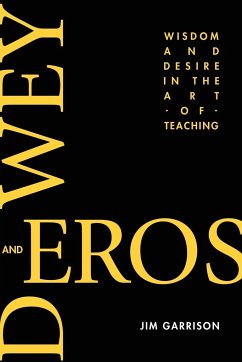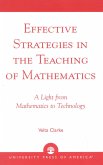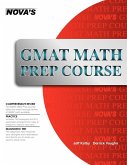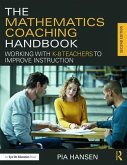Research in the area of mathematics education has flourished over the past two decades. The Handbook of Research on Mathematics Teaching and Learning is the most comprehensive and up-to-date survey of the best research, new developments, and critical conflicts and controversies in mathematics education. Sponsored by the National Council of Teachers of Mathematics and written by leading experts in the field of mathematics education, the Handbook is specifically designed to make important, vital scholarship accessible to mathematics education professors, graduate students, educational researchers, staff development directors, curriculum supervisors, and teachers. The Handbook provides a framework for understanding the evolution of the mathematics education research field against the backdrop of well-established conceptual, historical, theoretical, and methodological perspectives. It is an indispensable working tool for everyone interested in pursuing research in mathematics education as the references for each of the Handbook's twenty-nine chapters are complete resources for both current and past work in that particular area. The Handbook's twenty-nine chapters are organized into five major sections. Overview - presents a history of research in mathematics education, an analysis of how mathematics as a discipline has changed over time and how these shifts have influenced research, and a theoretical reconceptualization of one of the most crucial issues in mathematics education - the nature of understanding within the context of learning and teaching. Mathematics Teaching - includes articles on the culture of the classroom, effective teaching, teacher beliefs, classroom organization, andteacher education. Learning from Instruction - comprises chapters organized around mathematical domains that have been the focus of considerable research: additive structures; multiplicative structures; national numbers; problem solving; estimation; algebra, geometry, and spatial reasoning; probability and statistics; and proofs, limits, functions, and infinity. Critical Issues - considers such important issues in mathematics education as affect, evaluation, gender, ethnicity, and technology, while taking into account the evolution of these issues from teaching, learning, and research perspectives. Perspectives - offers viewpoints on international studies of achievement, international research, and reflections on the future of mathematics education.
Bitte wählen Sie Ihr Anliegen aus.
Rechnungen
Retourenschein anfordern
Bestellstatus
Storno

